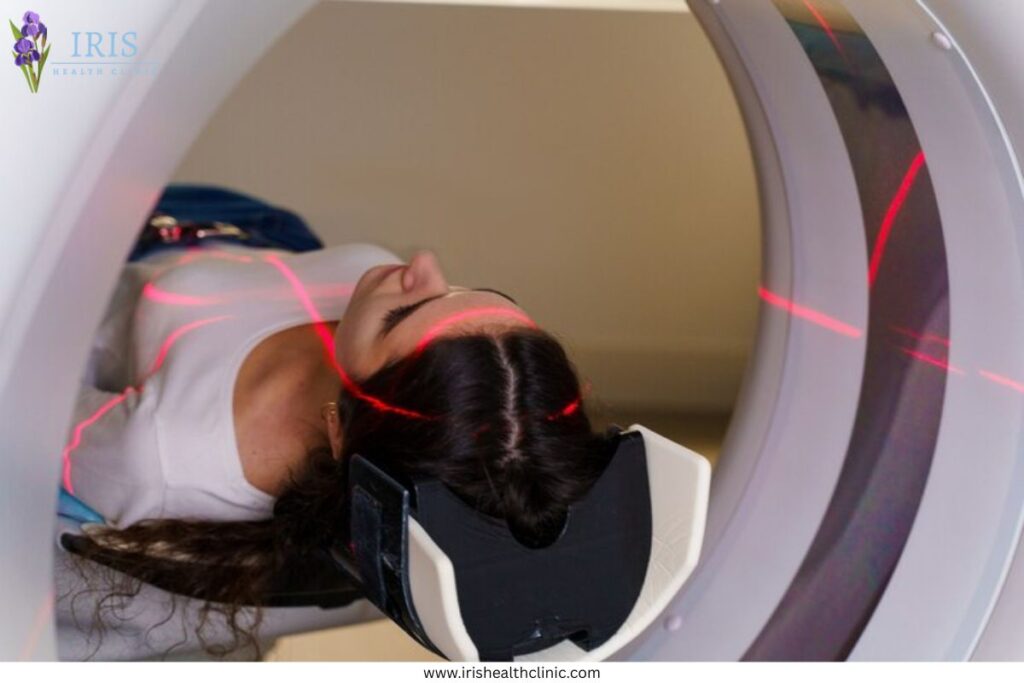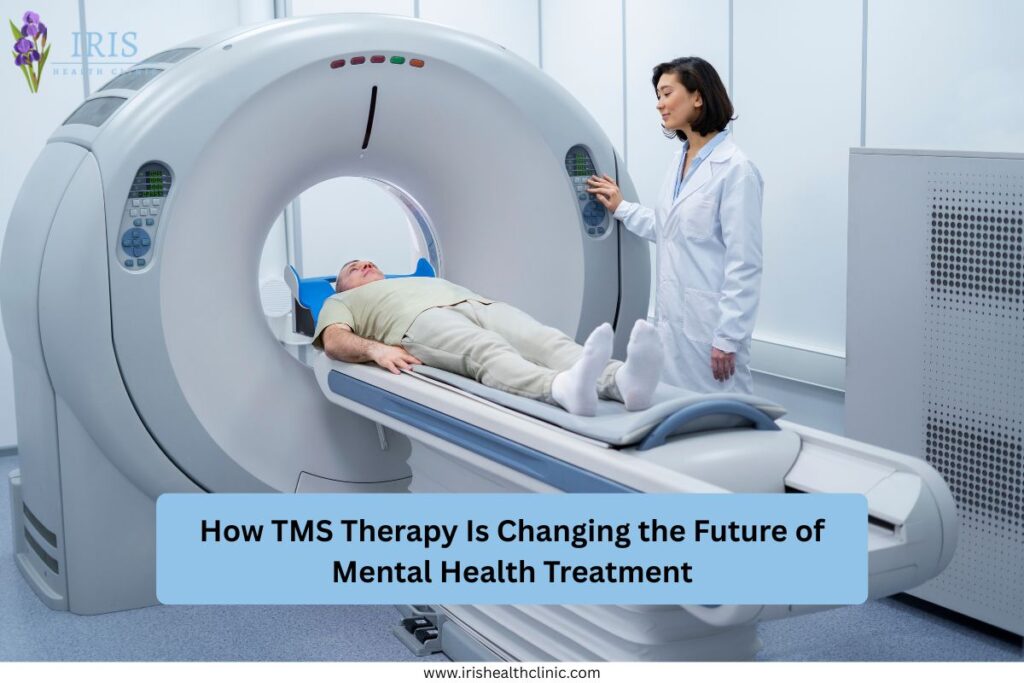TMS Therapy changes how we treat mental health issues, particularly depression, PTSD, addiction, and others. This non-invasive, evidence-backed treatment offers a new path to recovery for people who have not responded well to regular therapies.
⏱️ Meaning and Working of TMS
Using magnetic pulses to stimulate certain areas of the brain involved in mood and more emotional regulation, TMS for treatment resistant depression works through an electromagnetic coil placed on the scalp.
There is no need for anesthetic or for any recovery time since TMS Therapy requires no medications and is non-invasive-above all patients can just talk, read, or even drive home afterward.
🌍FDA-Approved and Extending Coverage
While in 2008, TMS had been FDA-approved for treatment-resistant depression, in 2018, it became approved for OCD and for chronic pain. Clinical guidelines also recommend TMS treatment for disorders such as PTSD, migraine, bipolar disorder, and substance use disorders .
🧠 TMS in PTSD: The New Hope
At Iris Health Clinic, TMS is getting good attention as a safe and effective treatment for PTSD. Sessions generally consist of applied magnetic pulses over 4 to 6 weeks, from Monday to Friday, lasting anywhere between 30 and 40 minutes each. The treatment is becoming popular in alleviating PTSD symptoms of flashbacks, nightmares, hyperarousal, anxiety, intrusive memories, and avoidance.
TMS Therapy offers a neurological approach to healing and does so without requiring the patient to relive traumatic experiences during treatment sessions, unlike talk therapies such as EMDR.

✅ Why TMS Is a Game-Changer
- Side Effects: Transient headaches and mild discomfort and rarely seizures
- Fast & Convenient: Being brief, outpatient sessions with little to no recovery period, it is planned keeping in mind the busy lifestyle of the individual. One can attend work or school on the same day itself.
- Wide Application: It works well for depression, PTSD, chronic pain, and OCD, making it promising also for addiction counseling and depression linked with substance use.
🌟 And Then There Is the Future
Ongoing research will further enhance the development of TMS technology. Theta burst stimulation (TBS) can cut time allocated for treatment by huge margins — imagine getting relief in ten days! Simultaneously, personalized EEG-guided TMS protocols render deeper efficacy on minimizing therapy time.
Studies range from 50 to 70% in their response rate relative to treatment-resistance, depression, with novel protocols pushing the rate of remission even higher.
🤝 Who Can Benefit?
TMS therapy is best suited for:
- Patients with recurrent depression or PTSD that seems to have resisted medicines
- Those with co-occurring substance use or chronic pain
- Busy professionals, students, or parents looking for effective, non-drug relief
- Anyone who prefers a safe, neuroscience-based treatment that does not carry systemic side effects
Iris Health Clinic and other leading TMS providers are integrating this cutting-edge treatment into recovery plans — offering hope and healing where other interventions fall short.
TMS is not just a medical innovation. It is a lifeline for those suffering in silence. As technology improves and availability increases, TMS therapy is changing mental health care. It restores health quickly, non invasively, and with a personal touch like never before.

